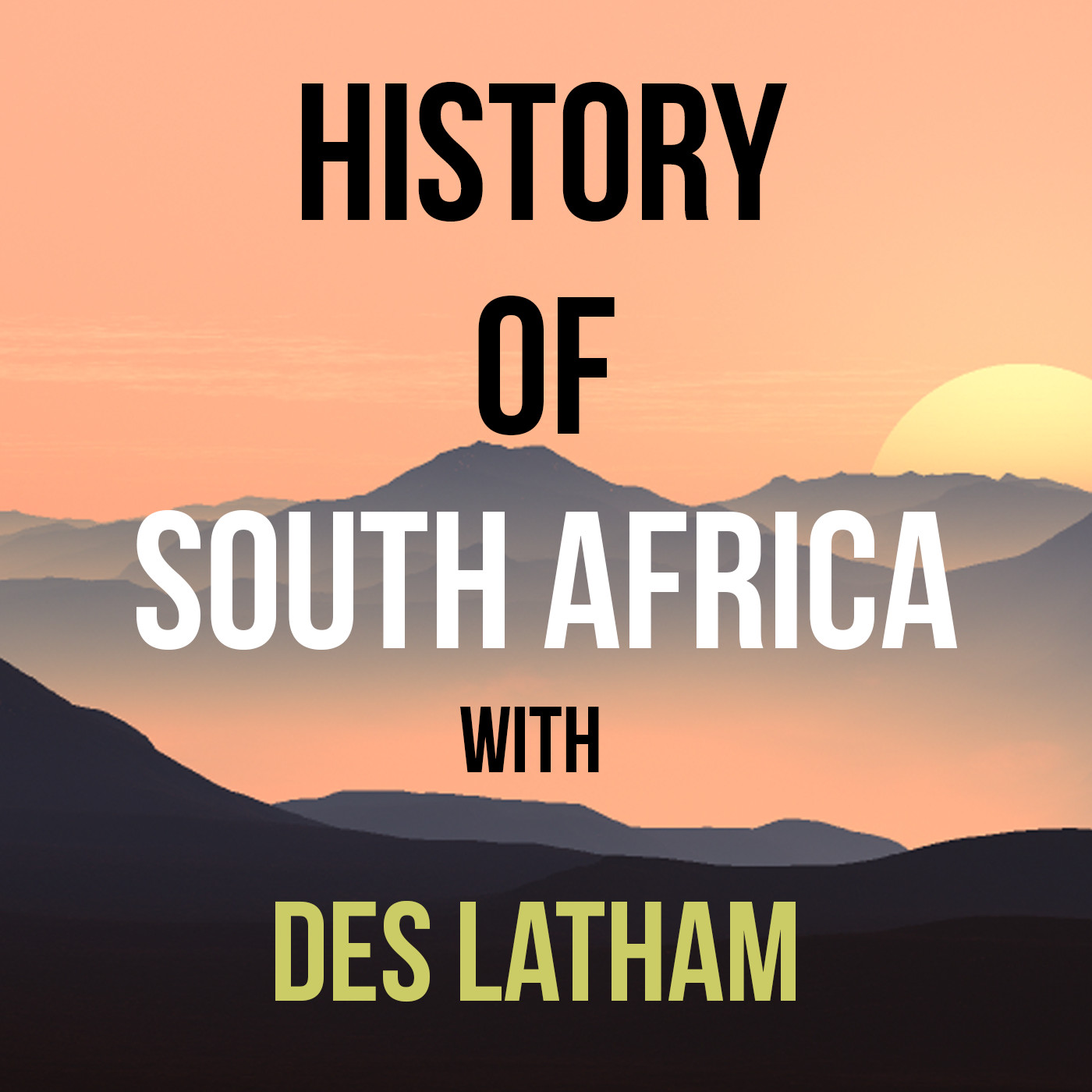Episode 171 - Zwangendaba’s exodus from Pongola to Lake Tanganyika and the story of the Ngoni
Description
This is episode 171 and now its time to swing around southern Africa again, because as Geoffrey Chaucer wrote in Canterbury Tales in 1395, “Time and Tide wait for no man”.
It’s from the Prologue to the first story called the Clerk’s Tale and the story is imbued with what modern academics call masculine authoritarianism. It’s about women’s power actually, and insubordination — the plot dealing with a woman called Griselda who rises the highest position of hegemonic power. She becomes the honoured wife of a wealthy lord through utter submissiveness and essential silence.
To many modern folks, she represents a kind of prescriptive antifeminist propaganda — in other words — a very accurate description of the medieval period. Others say the strong and silent type is fundamentally insubordinate and deeply threatening to men and the concepts of power and male identity.
What is this I hear you ask, why is Zwangendaba part of the History of South Africa? Well, as we all know, lines drawn on maps are cartographical magic codes, and the real world has no place for smoke and mirrors.
Once again, we must go backwards to go forward. Zwangendaba was a King of a clan of the Nguni or Mungoni people who broke away from the Ndwandwe Kingdom alliance under King Zwide. After defeat of the Ndwandwe forces under his command by Shaka, Zwangendaba gathered his clan and fled their home near modern the town of Pongola. This dispersal was part of the movement of the people we call the Mfecane.
Remarkably, Zwangendaba led his people, who took on the name the "Jele", on a wandering migration of thousands of kilometres lasting more than thirty years. Their journey took them through the areas of what is now northern South Africa, Mozambique, Zimbabwe, Zambia and Malawi to Tanzania. The Ngoni, originally a small royal clan that left Kwa-Zulu Natal, extended their dominion even further through present-day Tanzania, Malawi, and Zambia when they fragmented into separate groups following Zwangendaba’s death.
More Episodes
This is episode 173 and we’re in what was called the north eastern transvaal, modern day Mpumalanga and Limpopo.
Last we heard how Hendrick Potgieter’s Voortrekkers had camped at a new town they named Ohrigstad in 1845, after leaving the are around Potchefstroom. Potgieter wanted to move...
Published 06/01/24
Published 06/01/24
This is episode 172 and we’re galloping back to cover the effect of the Boers 33 Articles, approved by the Volksraad on April 9th 1844, and thus installing the little Republic of Potchefstroom.
Some of the articles and the fledgling laws and rules were going to crop up throughout the history of...
Published 05/26/24


